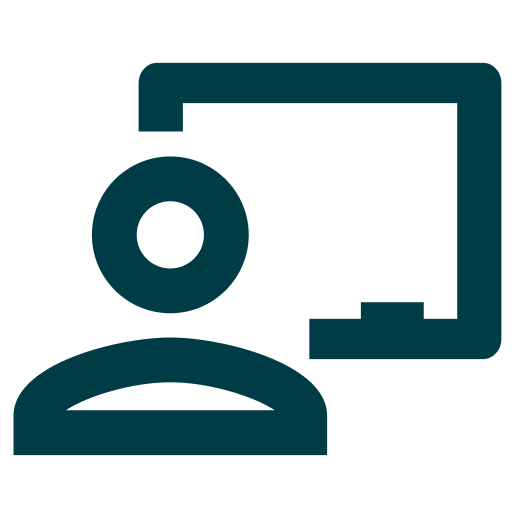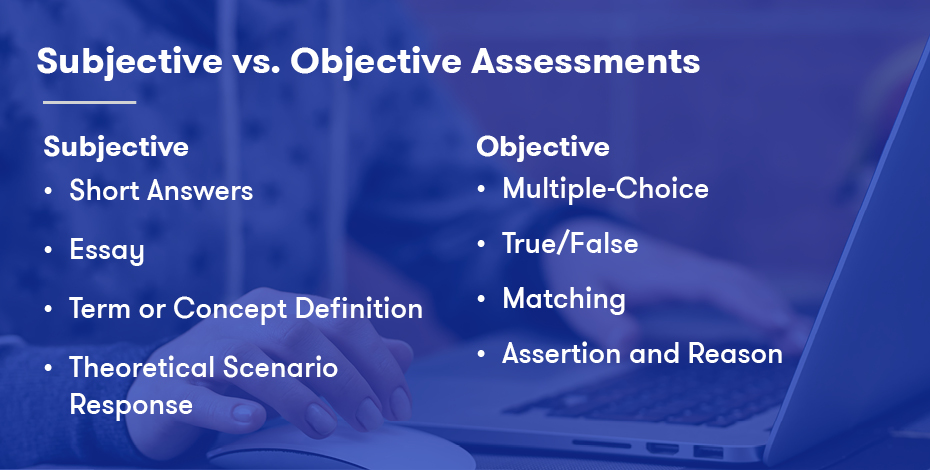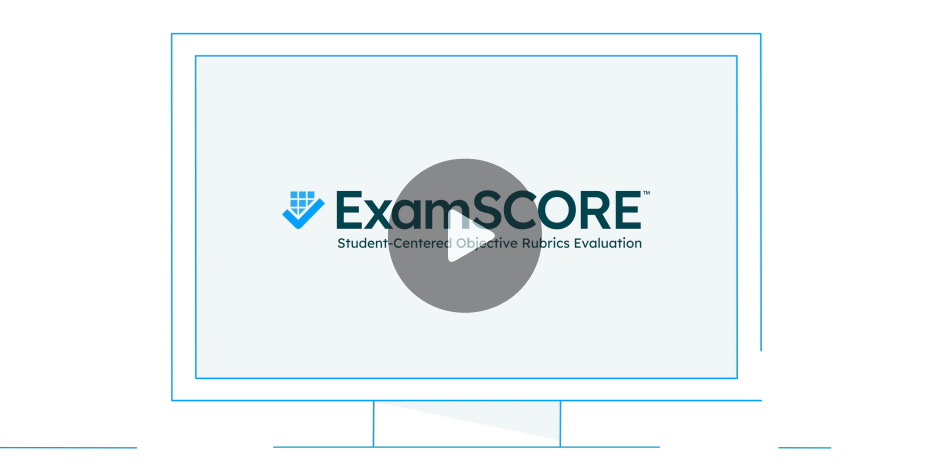To design effective exams, educators need a strong understanding of the difference between objective and subjective assessments. Each of these styles has specific attributes that make them better suited for certain subjects and learning outcomes. Knowing when to use objective instead of subjective assessments, as well as identifying resources that can help increase the overall fairness of exams, is essential to educators’ efforts to accurately gauge the academic progress of their students.
Subjective Assessment
According to EnglishPost.org, “Subjective tests aim to assess areas of students’ performance that are complex and qualitative, using questioning which may have more than one correct answer or more ways to express it.” Subjective assessments are popular because they typically take less time for teachers to develop, and they offer students the ability to be creative or critical in constructing their answers. Some examples of subjective assessment questions include asking students to:
- Respond with short answers.
- Craft their answers in the form of an essay.
- Define a term, concept, or significant event.
- Respond with a critically thought-out or factually supported opinion.
- Respond to a theoretical scenario.
Subjective assessments are excellent for subjects like writing, reading, art/art history, philosophy, political science, or literature. More specifically, any subject that encourages debate, critical thinking, interpretation of art forms or policies, or applying specific knowledge to real-world scenarios is well-suited for subjective assessment.
Objective Assessment
Objective assessment, on the other hand, is far more exact and subsequently less open to the students’ interpretation of concepts or theories. Edulytic defines objective assessment as “a way of examining in which questions asked has a single correct answer.” Mathematics, geography, science, engineering, and computer science are all subjects that rely heavily on objective exams. Some of the most common item types for this style of assessment include:
- Multiple-choice
- True / false
- Matching
- Fill in the Blank
- Assertion and reason
Which Kinds of Programs Use Which Exam Types?
Objective assessments are popular options for programs with curricula structured around absolutes or definite right and wrong answers; the sciences are a good example. If there are specific industry standards or best practices that professionals must follow at all times, objective assessments are an effective way to gauge students’ mastery of the requisite techniques or knowledge. Such programs might include:
- Nursing
- Engineering
- Finance
- Medical
- Law
Subjective assessments, on the other hand, lend themselves to programs where students are asked to apply what they’ve learned according to specific scenarios. Any field of study that emphasizes creativity, critical thinking, or problem-solving may place a high value on the qualitative aspects of subjective assessments. These could include:
- Counseling
- Education
- Management
- Arbitration
- Design
How Can Educators Make Their Assessments More Objective?
Creating objective assessments is key to accurately measuring students’ mastery of subject matter. Educators should consider creating a blueprint for their exams to maximize the objectivity of their questions. It can be easier to write objective items when using an exam blueprint. Building an exam blueprint allows teachers to track how each question applies to course learning objectives and specific content sections, as well as the corresponding level of cognition being assessed.
Once educators have carefully planned out their exams, they can begin writing questions. Carnegie Mellon University’s guide to creating exams offers the following suggestions to ensure test writers are composing objective questions.
- Write questions with only one correct answer.
- Compose questions carefully to avoid grammatical clues that could inadvertently signify the correct answer.
- Make sure that the wrong answer choices are actually plausible.
- Avoid “all of the above” or “none of the above” answers as much as possible.
- Do not write overly complex questions. (Avoid double negatives, idioms, etc.)
- Write questions that assess only a single idea or concept.
ExamSoft Can Help Improve the Objectivity of Your Exams
One important, and frequently overlooked, aspect of creating objective assessments is the manner in which those assessments are scored. How can teachers ensure that essay or short-answer questions are all evaluated in the same manner, especially when they are responsible for scoring a substantial number of exams? According to an ExamSoft blog titled “How to Objectively Evaluate Student Assignments,” “a rubric that lists the specific requirements needed to master the assignment helps educators provide clear and concise expectations to students, stay focused on whether those requirements have been met, and then communicate how well they were met.” Using rubric and assessment programs offers the following benefits for educators:
- Electronically link rubrics to learning objectives and outcomes or accreditation standards.
- Generate comprehensive reports on student or class performance.
- Share assessment data with students to improve self-assessment.
- Gain a more complete understanding of student performance, no matter the evaluation method.
Ultimately, employing rubric and assessment software gives both instructors and students a clearer picture of exam performance as it pertains to specific assignments or learning outcomes. This knowledge is instrumental to educators’ attempt to improve teaching methods, exam creation, grading — and students’ ability to refine their study habits.
Creating objective assessments will always be an important aspect of an educator’s job. Using all the tools at their disposal is the most effective way to ensure that all assessments objectively measure what students have learned, even when the content is subjective.
Learn more about ExamSoft’s rubric solution.
Sources:
EnglishPost.org: What Are Subjective and Objective Tests?
Edulytic: Importance of Objective Assessment






